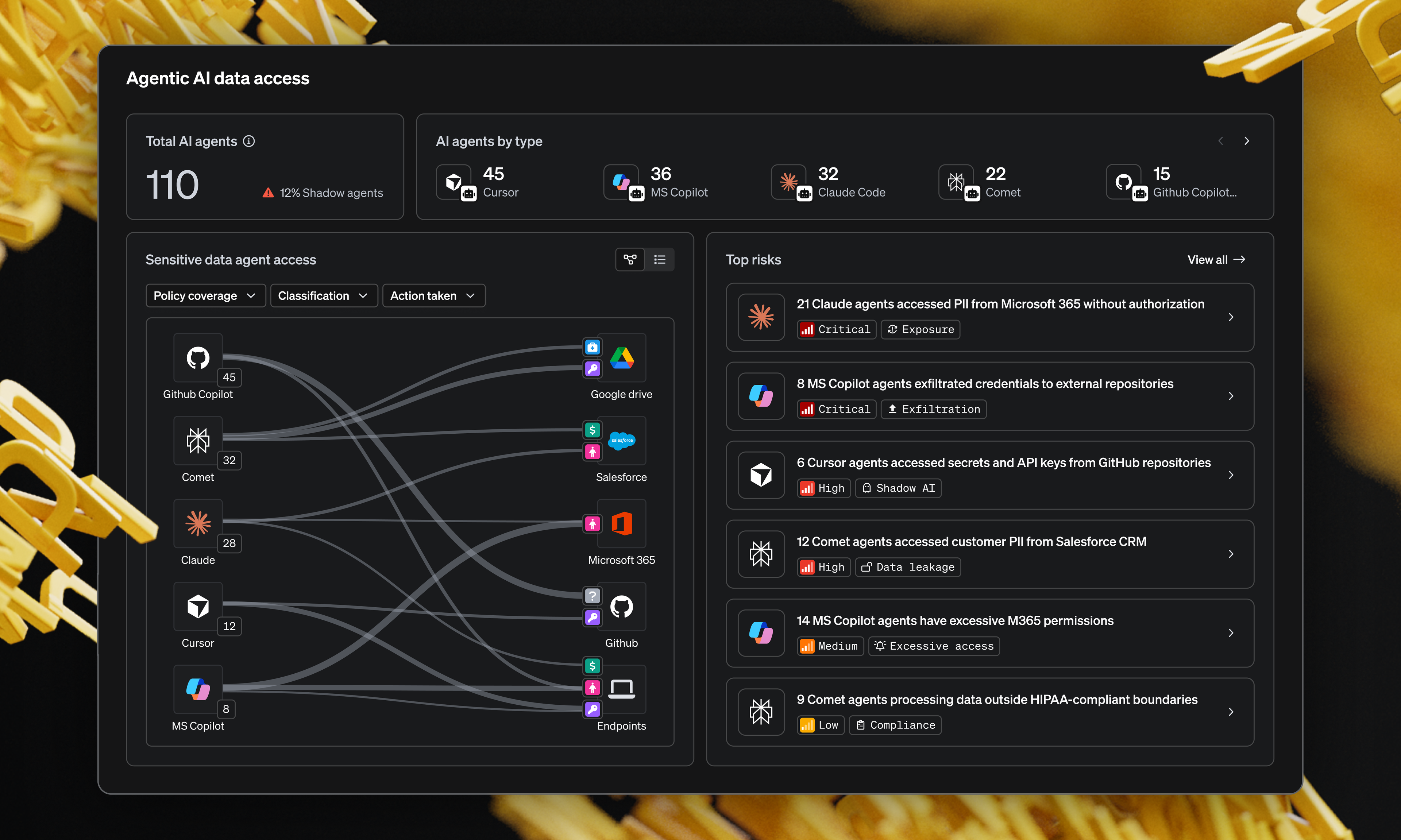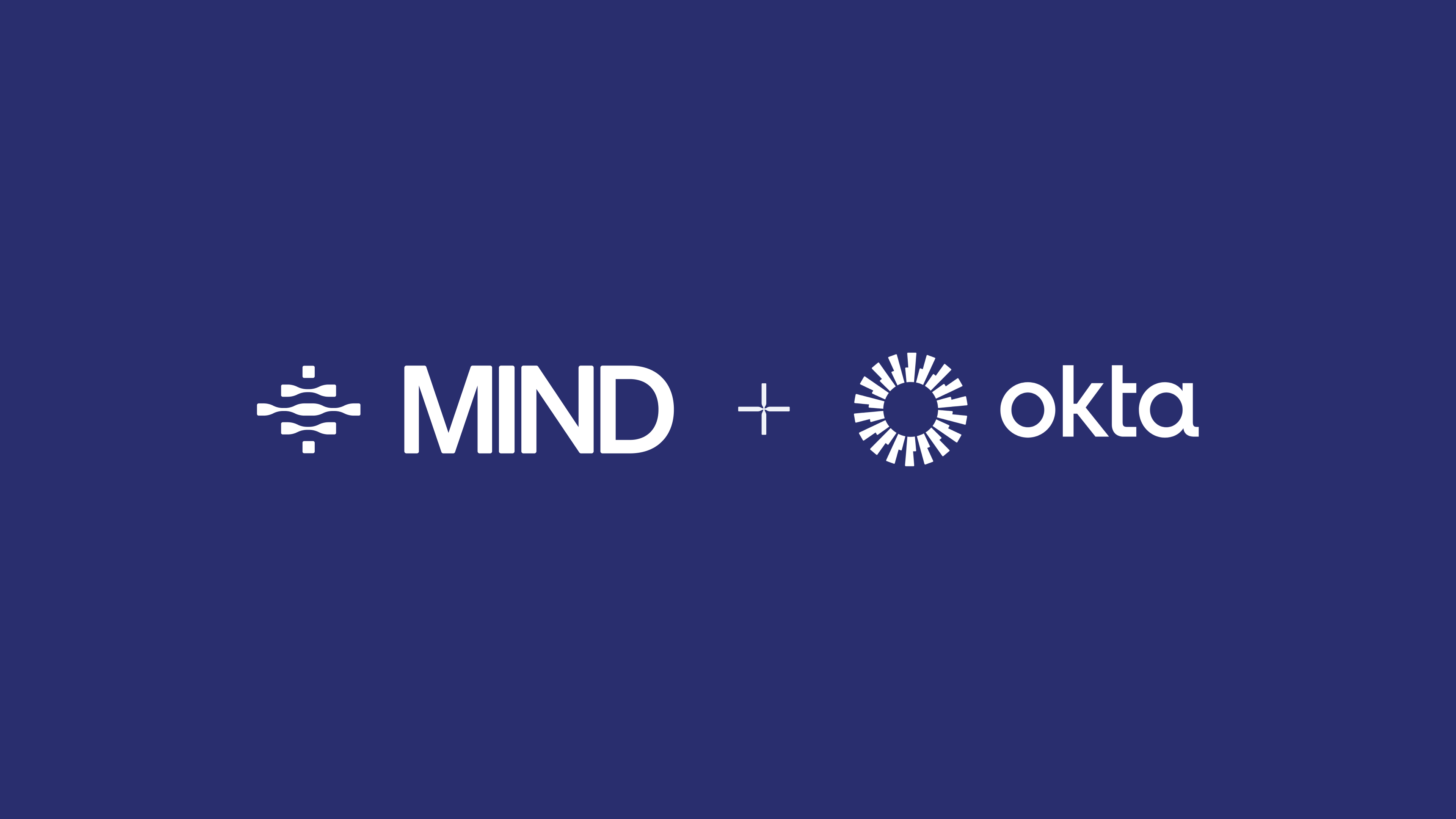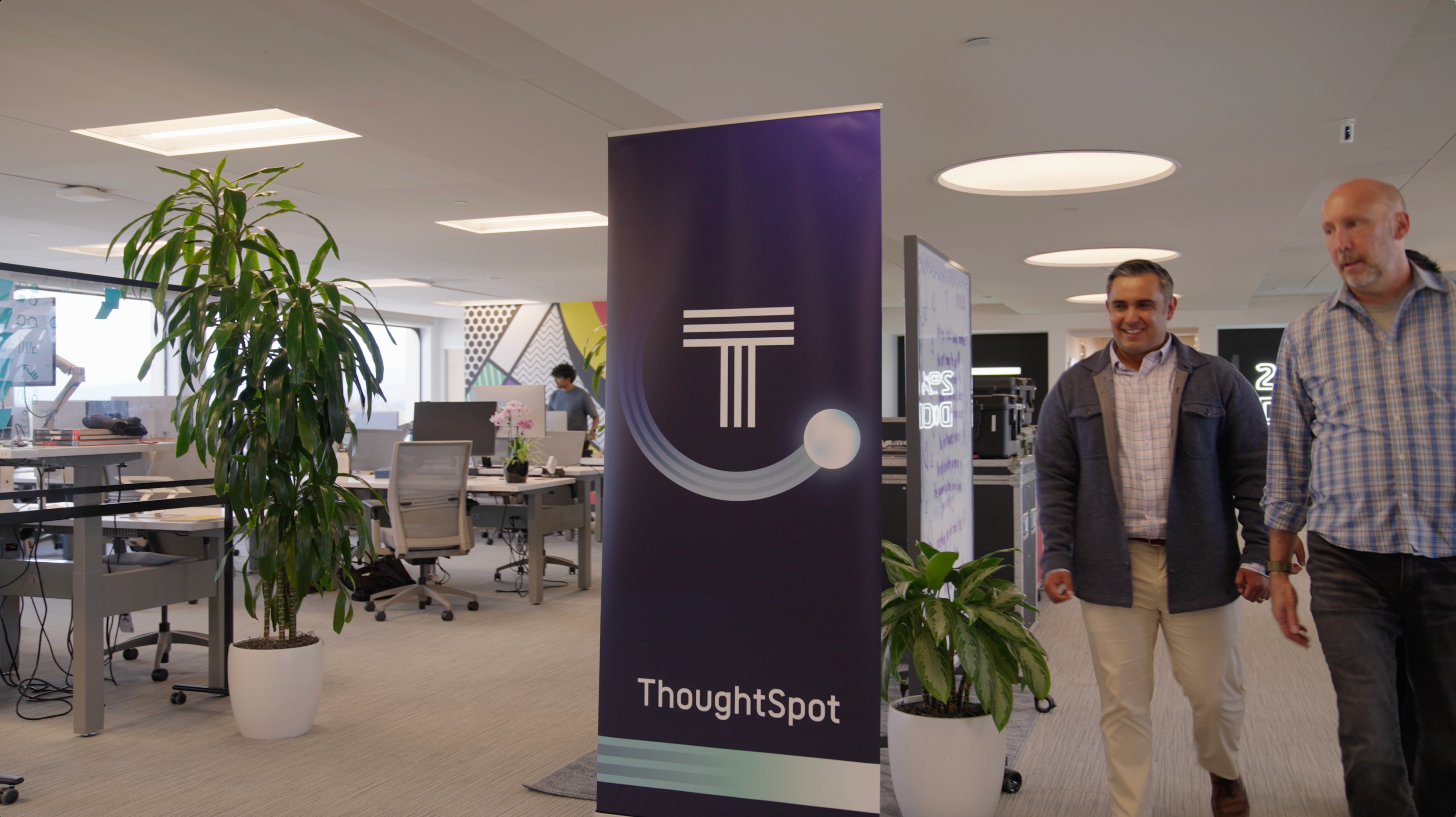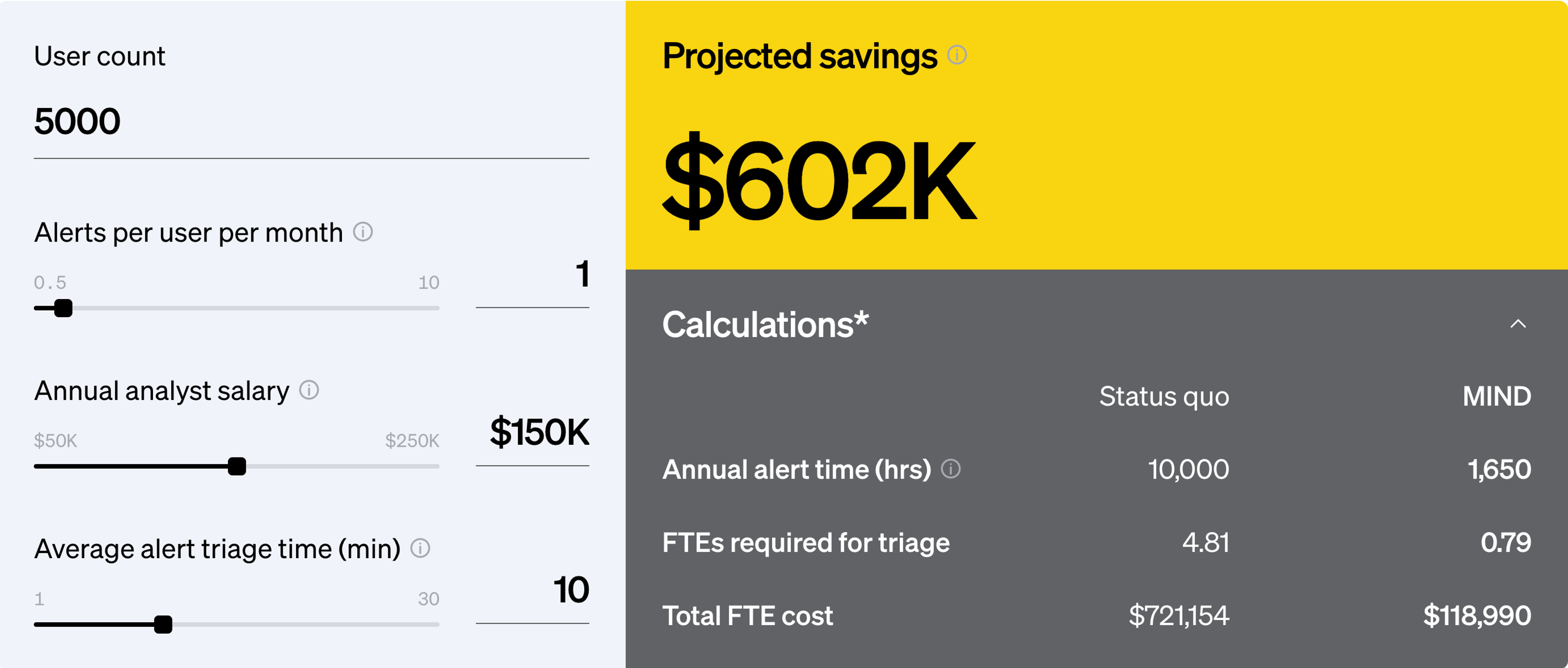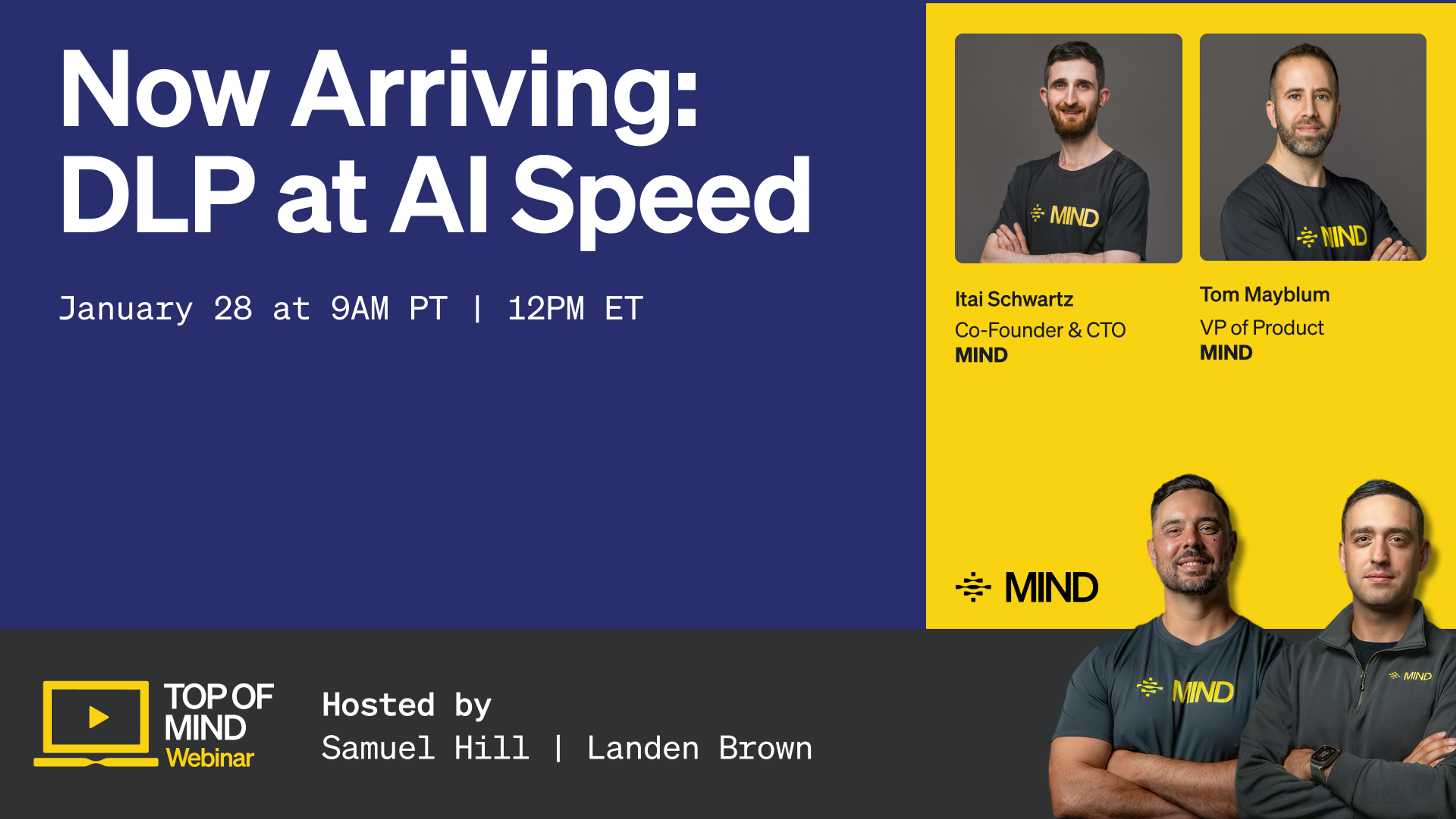
OpenWeb uses MIND to modernize and automate data loss prevention

Industry
Technology, Software
Headquarters
New York, NY
Founded
2015
Challenges
False positives from legacy tools
Manual work to manage DLP
Poor sensitive data classification
Solutions
OpenWeb is on a mission to improve the quality of online conversations through digital innovation. MIND helps OpenWeb do this in a safe and trusted manner with modern and efficient DLP, spending just a fifth of the resources than with legacy tools.

Industry
Technology, Software
Headquarters
New York, NY
Founded
2015
Challenges
False positives from legacy tools
Manual work to manage DLP
Poor sensitive data classification
Solutions
OpenWeb is on a mission to improve the quality of online conversations through digital innovation. MIND helps OpenWeb do this in a safe and trusted manner with modern and efficient DLP, spending just a fifth of the resources than with legacy tools.
Challenges
- OpenWeb handles vast amounts of unstructured data, including user-generated content from over 100 million active users each month.
- The DLP tools used initially by OpenWeb struggled to accurately classify sensitive data, especially with nuanced files like business proposals, roadmaps and product designs, as well as customer and user data.
- OpenWeb couldn’t rely on their legacy data loss prevention tools as a source of decision-making because false positives were so prevalent. This meant they couldn’t trust the alerts they were receiving.
- OpenWeb was wasting time and resources investigating false positives. This tedious, manual work was taxing on the security team.
Solutions
- OpenWeb deployed MIND™ as the next-generation DLP, with an intuitive dashboard and out-of-the-box functionality that was very easy to implement.
- The team is saving a lot of time not looking at irrelevant data and false positives, spending 80% less resources managing their DLP program than before.
- MIND was able to accurately discover and classify mass amounts of unstructured data at rest, correctly identifying sensitive information with an understanding of context.
- OpenWeb can now see who has access to what types of data and what actions have been taken. This visibility and data lineage are crucial in identifying potential risks and securing valuable information.
- OpenWeb now reports almost no false positives and a newfound level of confidence in their data classification. They can trust MIND to guide decision-making and enable automation.
OpenWeb needed a scalable way to protect its ever-growing unstructured data
OpenWeb is a rapidly growing social engagement platform that elevates an open exchange of ideas across communities online. Their mission is to improve the quality of these conversations by helping creators and publishers thrive in a safe and trusted way. With more than 700 publishers and 100 million users monthly, the amount of data being collected on an ongoing basis is impressively huge.
Before MIND, OpenWeb relied on data loss prevention (DLP) tools that were plagued with false positives. The volume of false positives made it clear that these solutions were unreliable. They were also labor-intensive, causing the security team to be stuck manually reviewing alerts, leading to inefficiencies and risk exposure.
“False positives were a huge problem. We couldn’t trust the data we were receiving. It wasn’t reliable and it wasn’t helping us make decisions. Instead, we were wasting time and resources.”
Yaron Blachman
Chief Information Security Officer, OpenWeb
MIND uncovered different kinds of sensitive data
As with most companies, OpenWeb is collecting data all the time. Some is created internally in the course of doing business like source code, operational, employee and customer information (PII). Safeguarding information from business partners and publishers is also a priority for OpenWeb. End user data is among the most sensitive. All of this needs to be secured.
OpenWeb wanted a data security solution that would be able to accurately discover sensitive data anywhere—regardless of where it came from or what it is. With tailored algorithms and a proprietary AI engine, MIND was able to easily classify and categorize OpenWeb’s vast amount of unstructured data. This allows OpenWeb to mitigate the risk of data leaks to protect their business, customers and users.
A fifth of resources needed for DLP
The dramatic enhancements with classification and categorization led to an immediate reduction of alerts—most of which had previously been false positives. “I like to think that our employees are savvy and well-aware,” says Yaron Blachman, CISO of OpenWeb. “We really don’t see a lot of alerts anymore. That’s a good thing for us. And now that we can trust the alerts, that creates a lot of value.”
“We’re definitely saving a lot of time not looking at irrelevant data and false positives. Resource-wise, probably a fifth of the time we spent managing our DLP program in the past.”
Yaron Blachman
Chief Information Security Officer, OpenWeb
OpenWeb saw immediate value and results
MIND was providing value for OpenWeb almost immediately. They initially deployed MIND across cloud storage, emails and Slack. Setup took about 30 minutes and the company was seeing findings and results within 24 hours. "Slack is where we get most of our knowledge," Blachman notes. "MIND’s ability to handle sensitive data discovery was clear from the start."
“It was almost completely frictionless,” adds Blachman. “It’s a modern dashboard, I understand it immediately and I see it working. For us, MIND is the next-generation DLP.” Since deploying MIND, OpenWeb has seen a significant reduction in time spent remediating and a sharp drop in false positives. “Our job as security people is to reduce the risk within the company. With MIND, we know the risk is actually reduced,” says Blachman. Now finally—for the first time—OpenWeb has confidence that their DLP program built on MIND is actually working.
“For us, MIND is the next-generation DLP.”
Yaron Blachman
Chief Information Security Officer, OpenWeb
